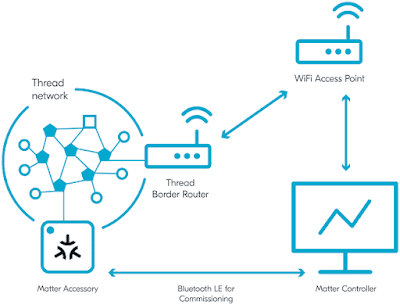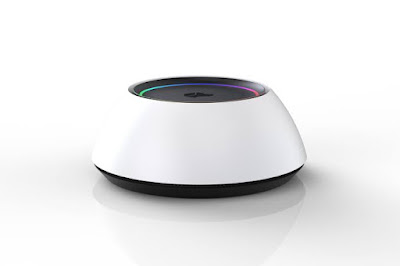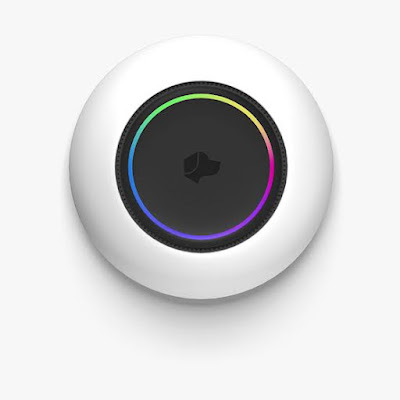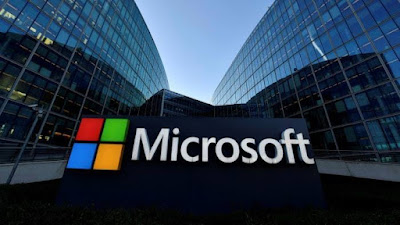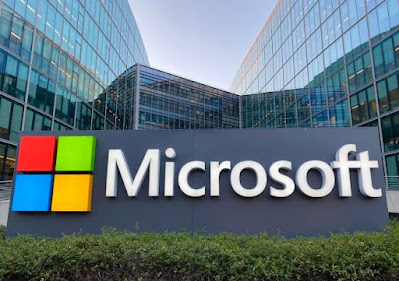You may be familiar with the new Matter smart home standard and how it will simplify the purchase and configuration of connected devices. Additionally, those devices ought to now function with any voice assistant, smart speaker, or smart phone running any smart home platform, including Apple Home, Google Home, Amazon Alexa, Samsung SmartThings, or any other Matter-compatible choice.
One of the two wireless protocols Matter employs (the other being Wi-Fi) is Thread. If you got enthusiastic and went out and bought a new smart socket or smart light bulb to try this out, you might have done so. What happens next, then?
Although Matter is intended to simplify every aspect of the smart home, there are still some teething pains, especially with Thread — after all, the smart home didn't just appear overnight! Here's an overview of everything you need and how to set up a Matter-over-Thread device so that you can ensure that your new smart plug, smart shade, or smart light switch is installed correctly the first time.
WHAT IS THREAD?
Originally created in conjunction with the first Nest thermostat, Thread is a wireless mesh networking protocol. It is intended to provide better range, longer battery life, and faster, more dependable connectivity for smart home devices than alternative solutions. Door locks, light bulbs, sensors, shades, switches, plugs, buttons, and thermostats are some of the most well-liked smart home accessories that contain it.
You require both a Matter controller and a Thread border router to configure any Matter-over-Thread device on a Matter-compatible smart home platform. It is possible to set up the controller and border router as two independent devices or as one merged one.
The unique feature of Matter controllers and Thread border routers is that they can be integrated into almost any device, including smart speakers, TVs, fridges, streaming boxes, smart home hubs, thermostats, and light switches. While these look and function largely like conventional smart home hubs and bridges you may have connected to your router in the past.

